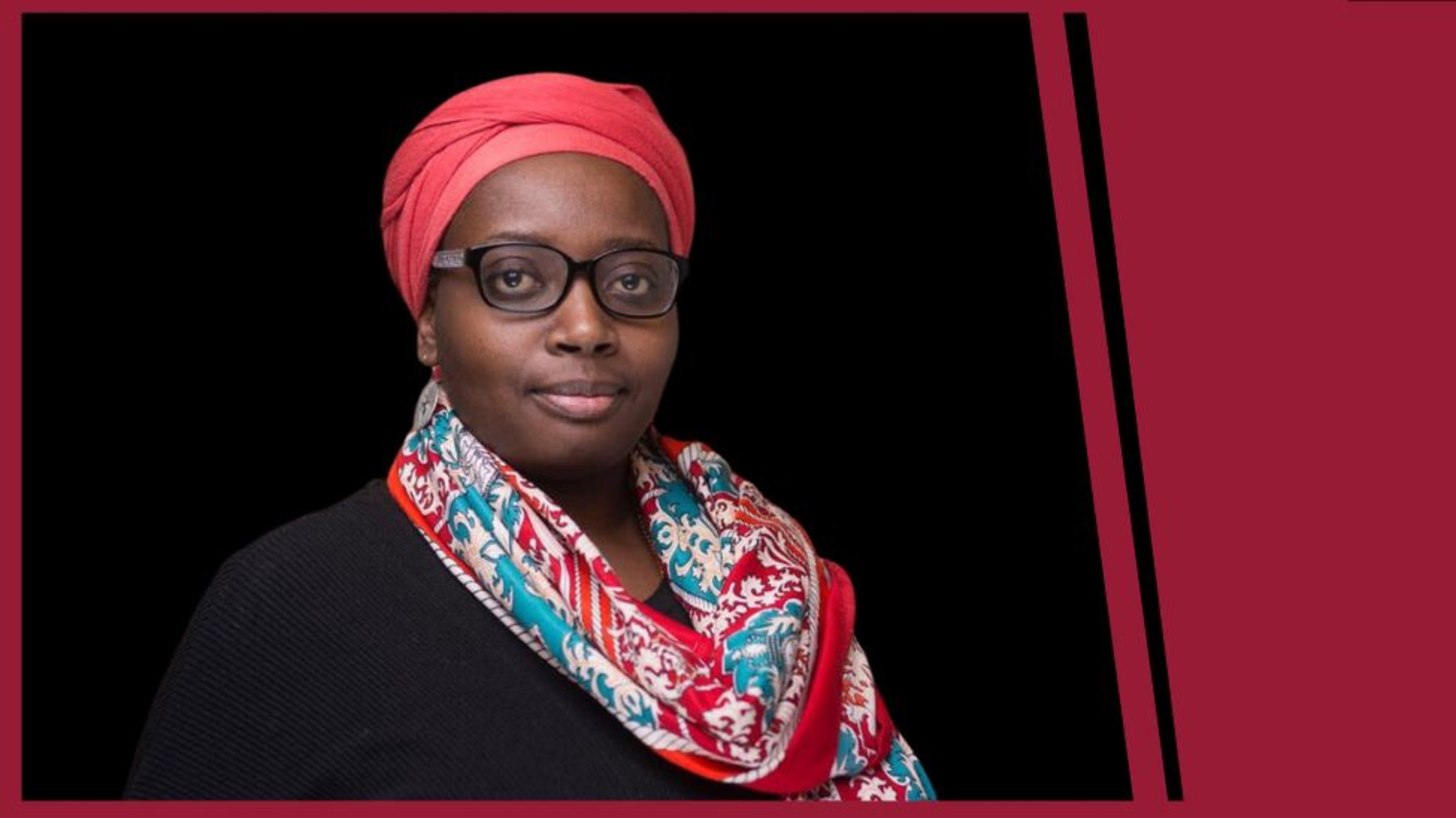
For the past two decades, Marie-Jeanne Ndimbira-Rosner has played a major role in improving youth outcomes, first in her home country and more recently as a Ph.D. candidate at Rutgers University.
Taking lessons she learned as founder of the after school Physically Active Youth (PAY) Programme in Windhoek, Namibia, she wants to spread the word that communities everywhere need to invest in their children by offering services both inside and outside the classroom that lift up disadvantaged students and provide them with skills that will prepare them for the future.
“Young people deserve more than what is being given to them,” she says. “That is the conversation we need to have.”
Marie-Jeanne, a speaker at the Guilford Dialogues conference March 16, said she hopes that message will come through when attendees view at film about PAY during her lunchtime presentation. She said the problems facing youth of color, especially in urban centers worldwide, may seem unsurmountable. But that doesn’t need to be the case.
An accountant by training, Marie-Jeanne started PAY in 2002 as a way to help Black youth still struggling with the lagging effects of apartheid in her nation. While the laws had changed, the reality was many Black students were attending underfunded public schools and were not succeeding in the classroom.
PAY began as a way to engage kids through sports after school. But that quickly changed when Marie-Jeanne witnessed firsthand that while children were trying their best with their studies, the 12th grade passage rate there hovered between 30 and 40 percent. So she brought in tutoring services, and PAY later offered meals and life skills training to children to further assist them. By the end of the first year, 90 percent of those in PAY passed.
“The interventions don’t have to be big,” she stated. “The situation in Namibia is not unique to Namibia or South Africa. The historical cause in South Africa and Namibia is unique, but I believe that the circumstances of children having to go to school living in poverty and therefore having to mitigate the problem of poverty is a global situation. We can all do something.”
Communities cannot wait for others to solve their problems, Marie-Jeanne said. Instead, “we can find the solutions among us.” That is the point she plans to emphasize to those attending the Guilford Dialogues, and what she hopes they will take away from her session.
Although she left PAY in 2016 to begin her doctoral work, she continues to stress the program’s value and believes that the basic skills it teaches are ones that are needed not just in Namibia, but globally. For example, math and technology skills are essential for today’s world, yet too many children don’t have the elementary understanding needed to join the modern workforce.
“There needs to be national and international dialogue so we can understand the current narrative,” Marie-Jeanne said. “The world has changed, economic systems have changed, and way we look at investing in human capital has changed. So what do we do … to make sure people aren’t excluded to the fringes of society?”
For more information about the Dialogues, visit www.guilford.edu/guilforddialogues.

